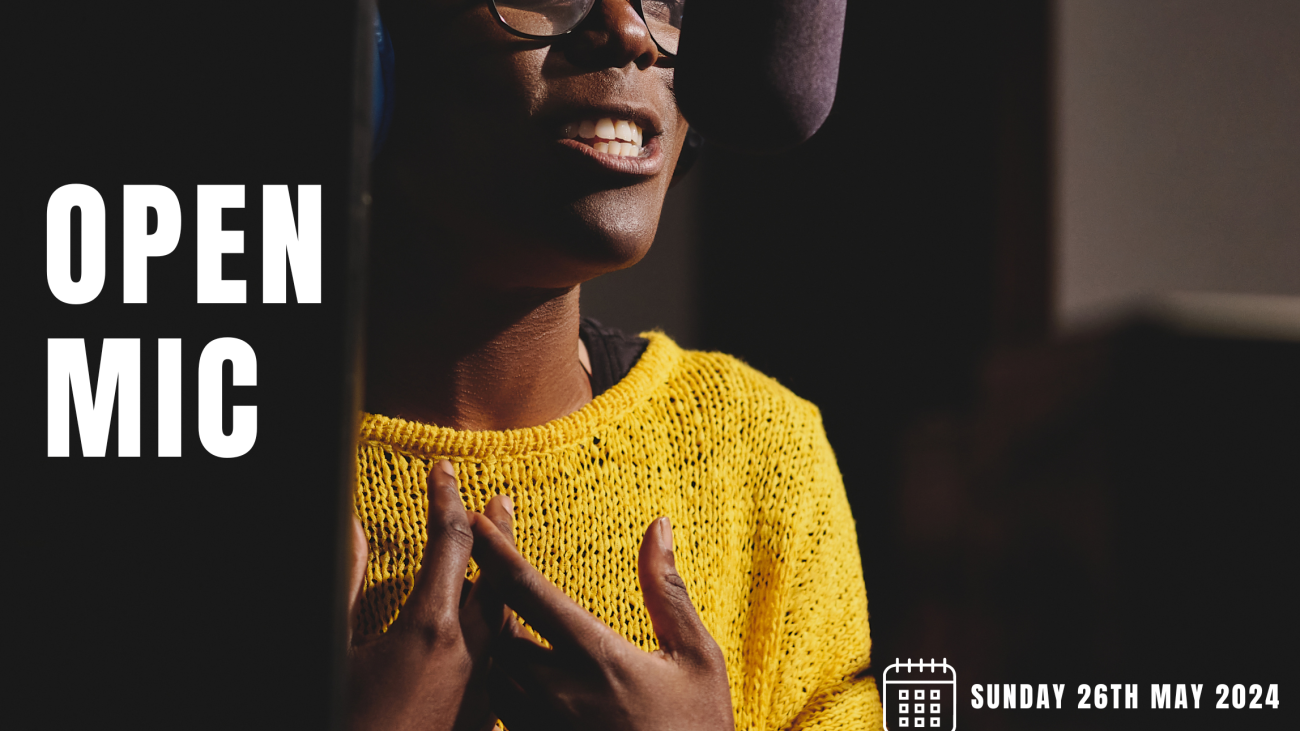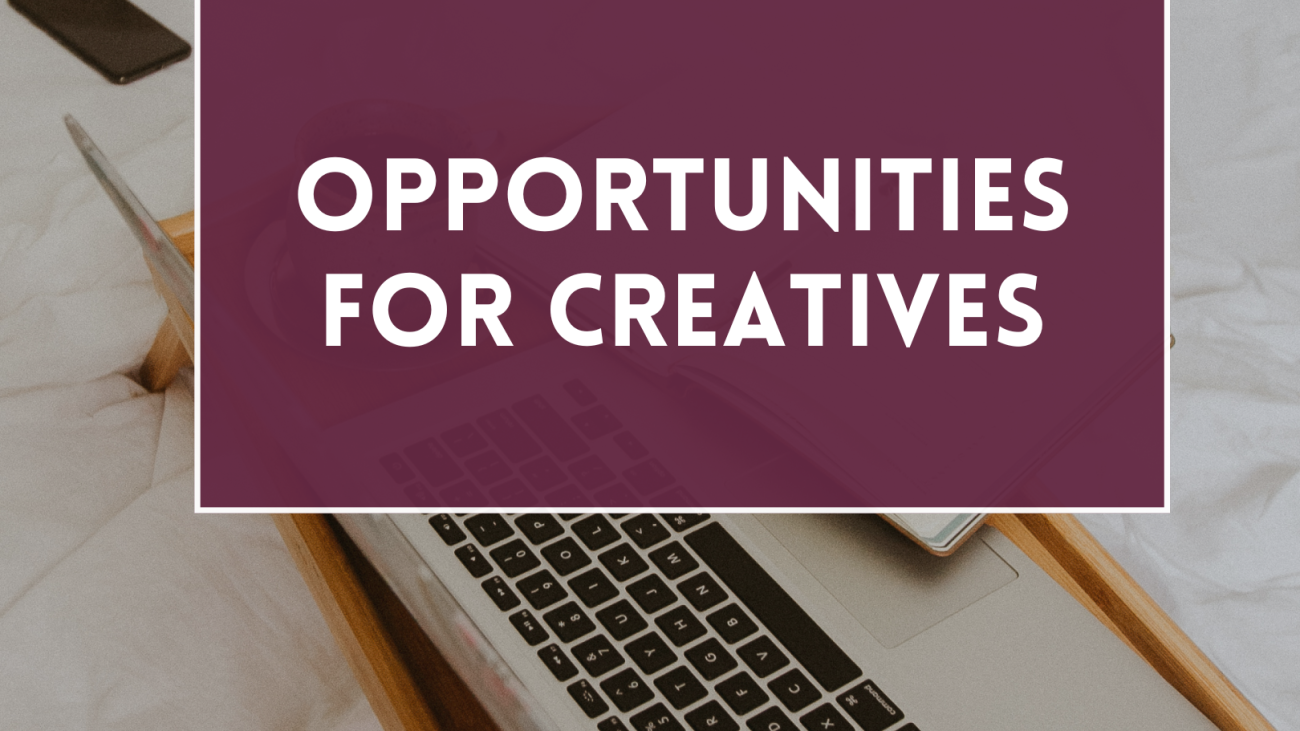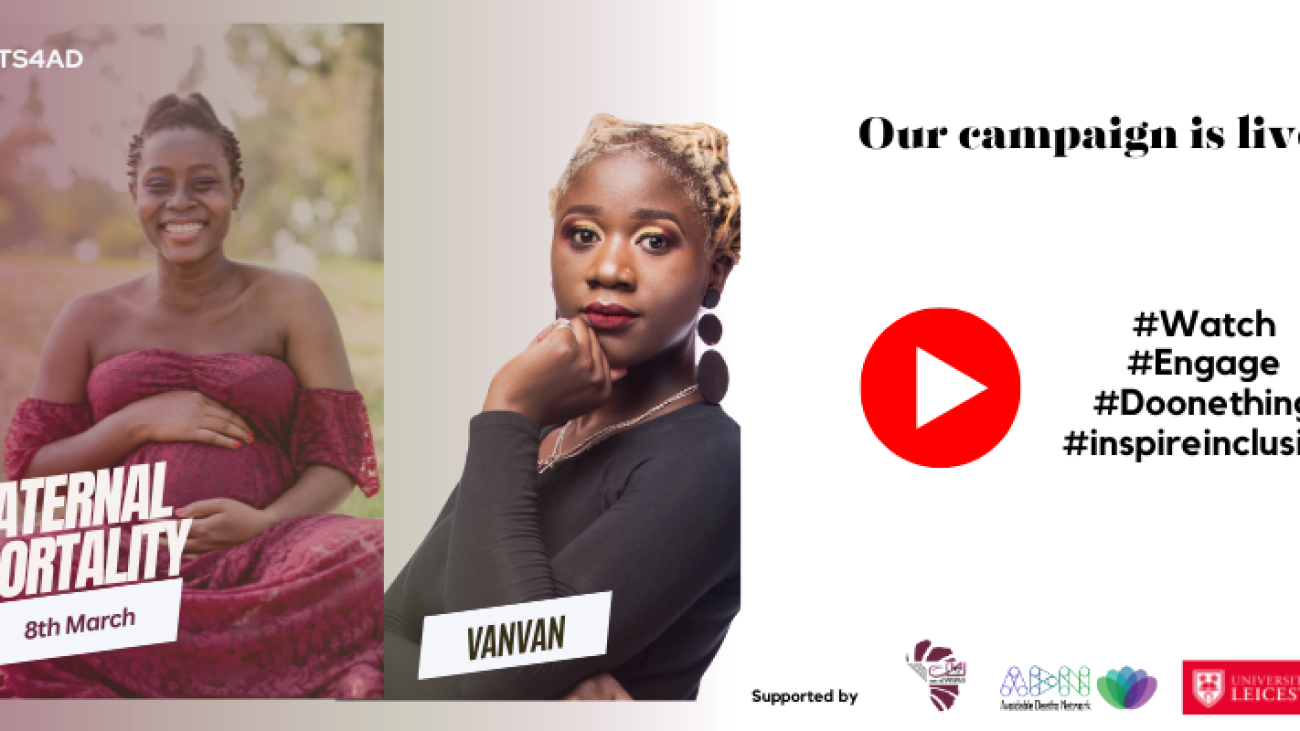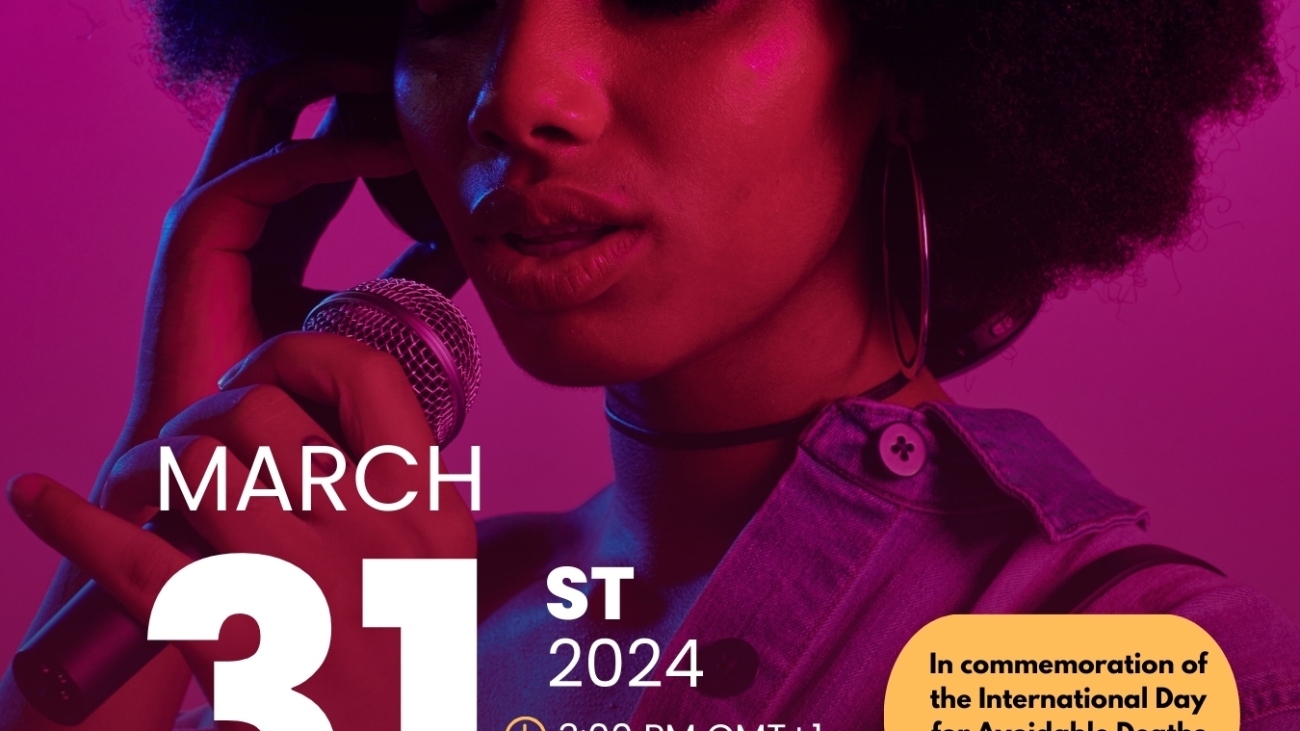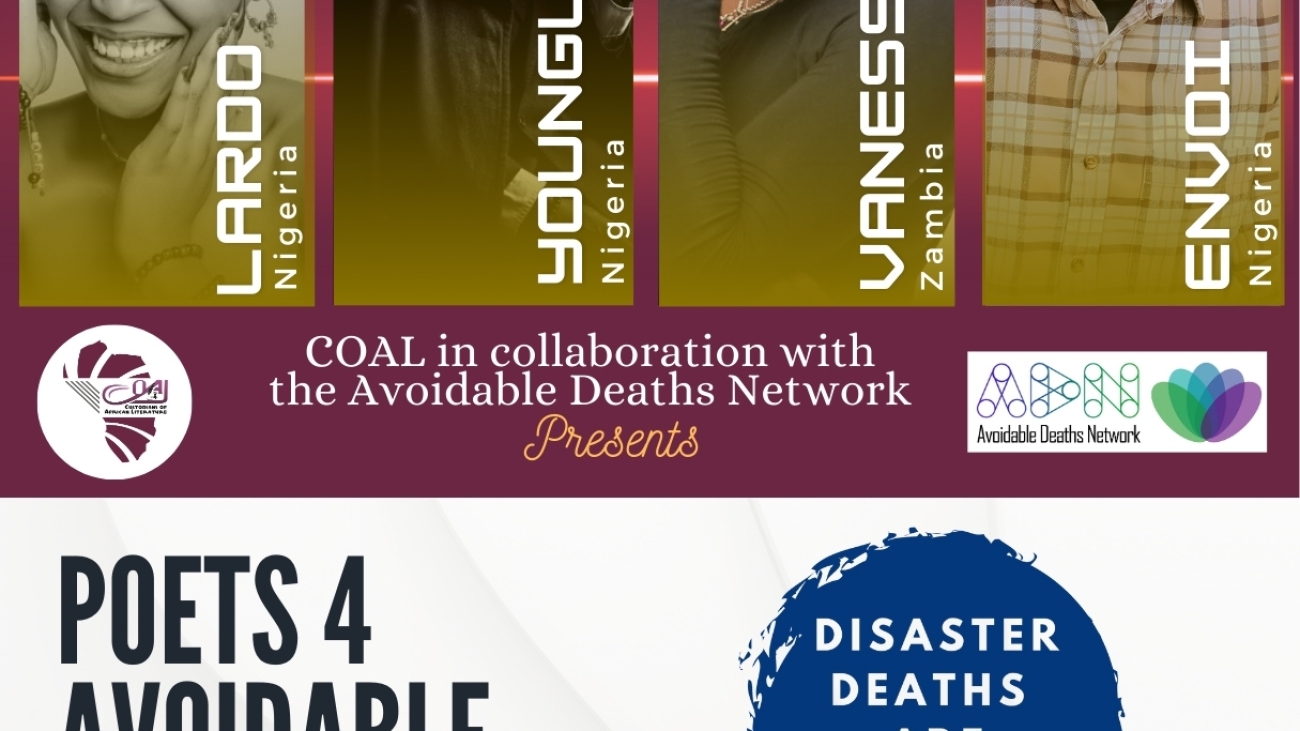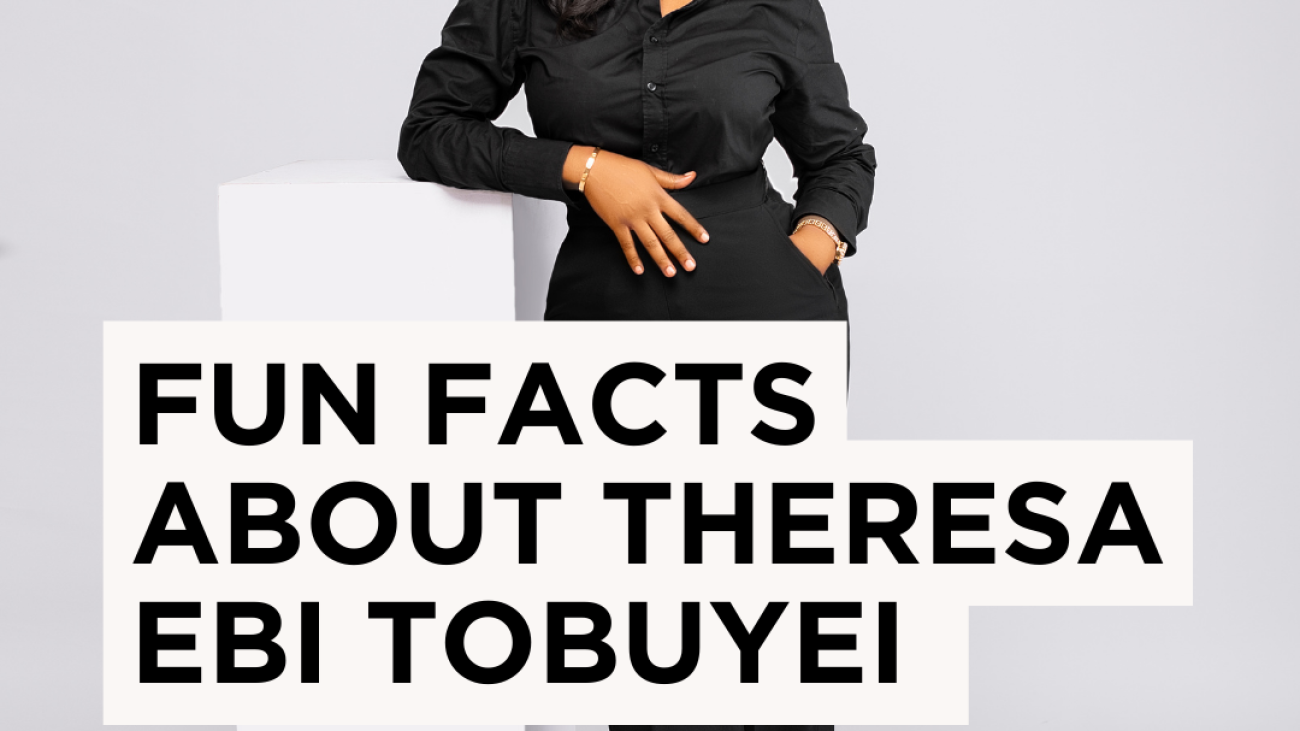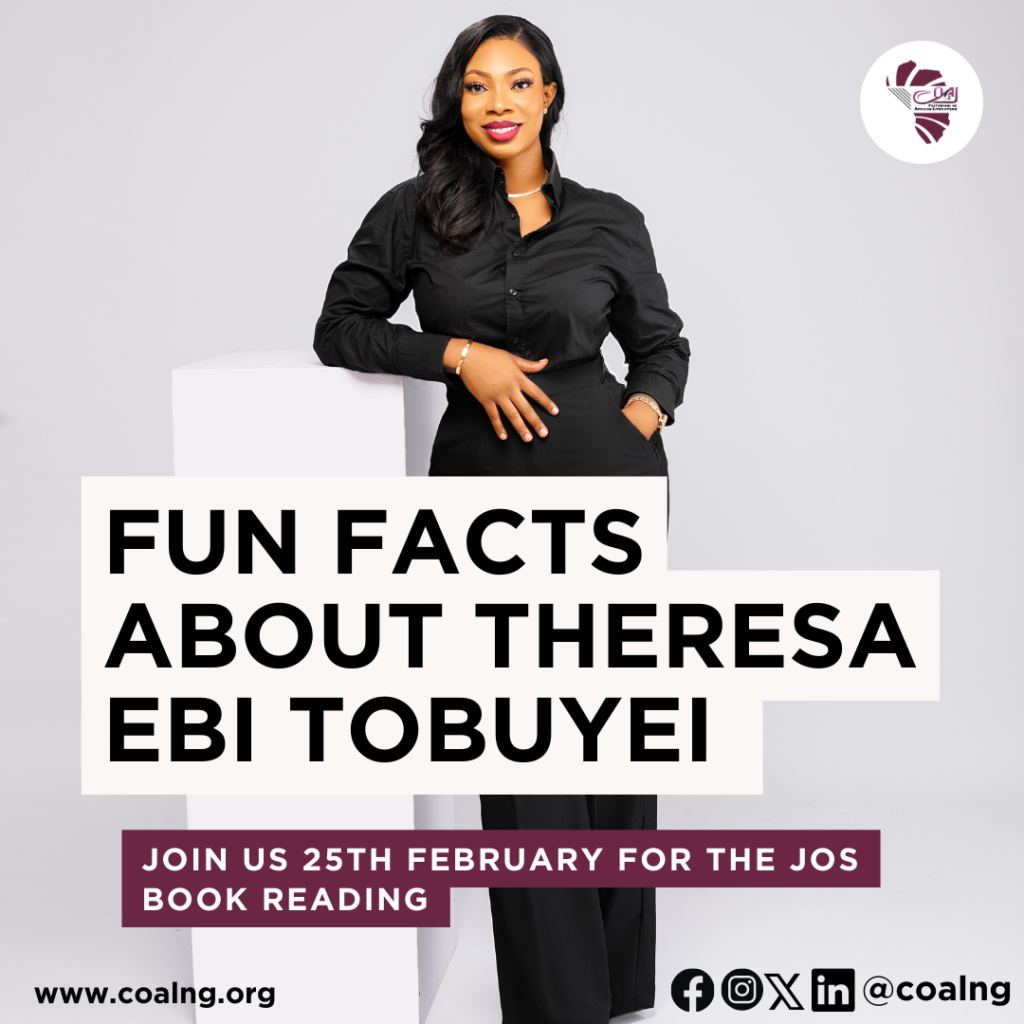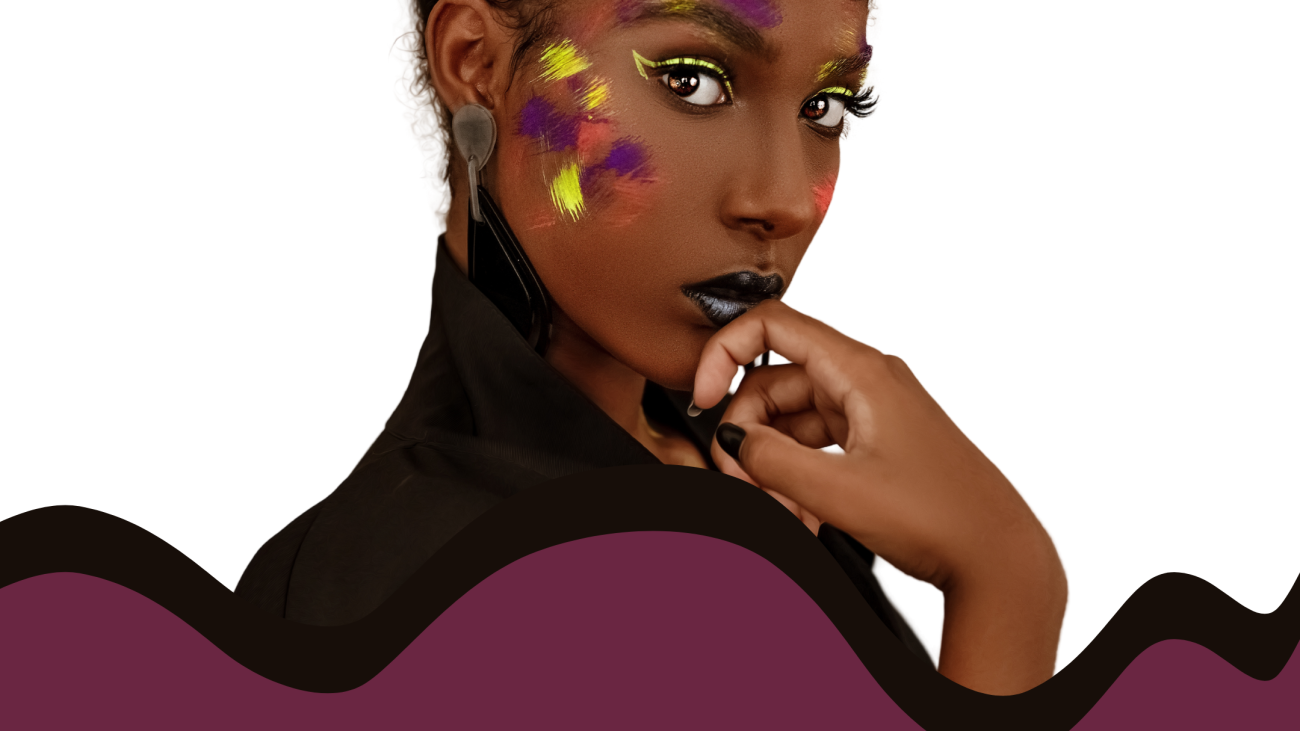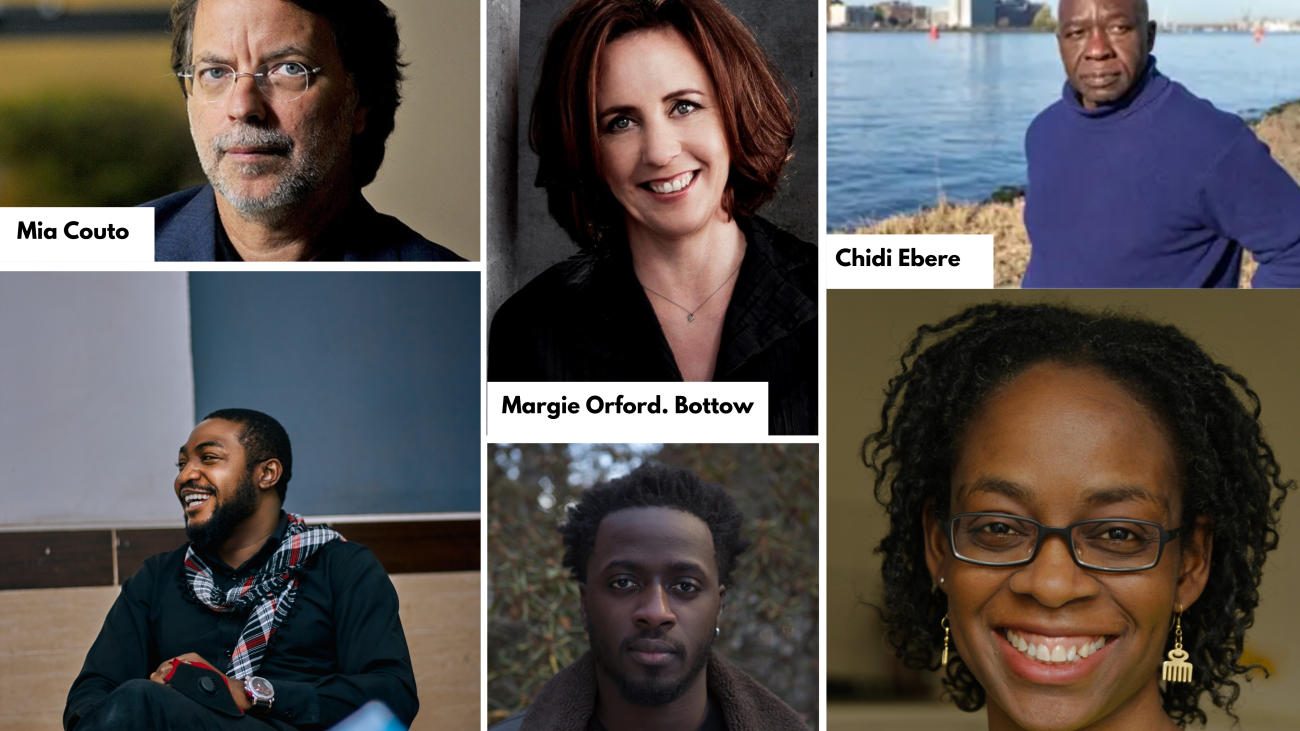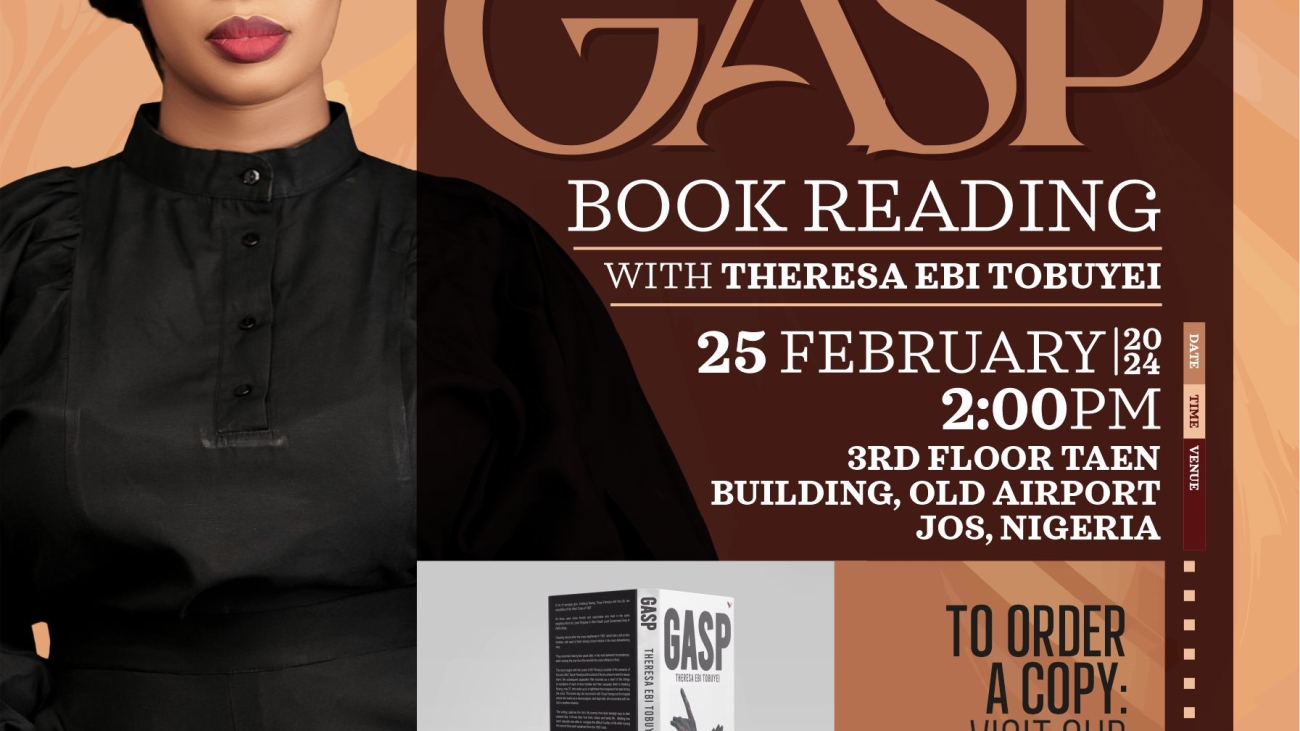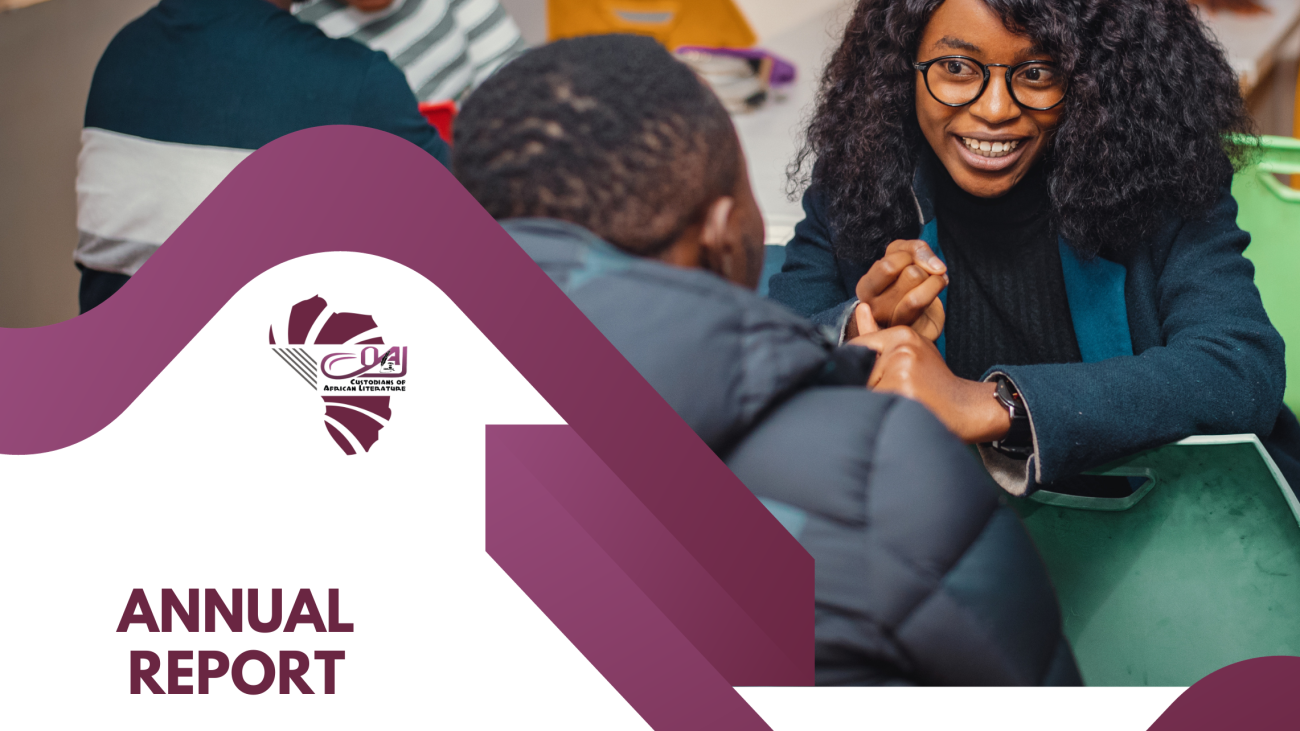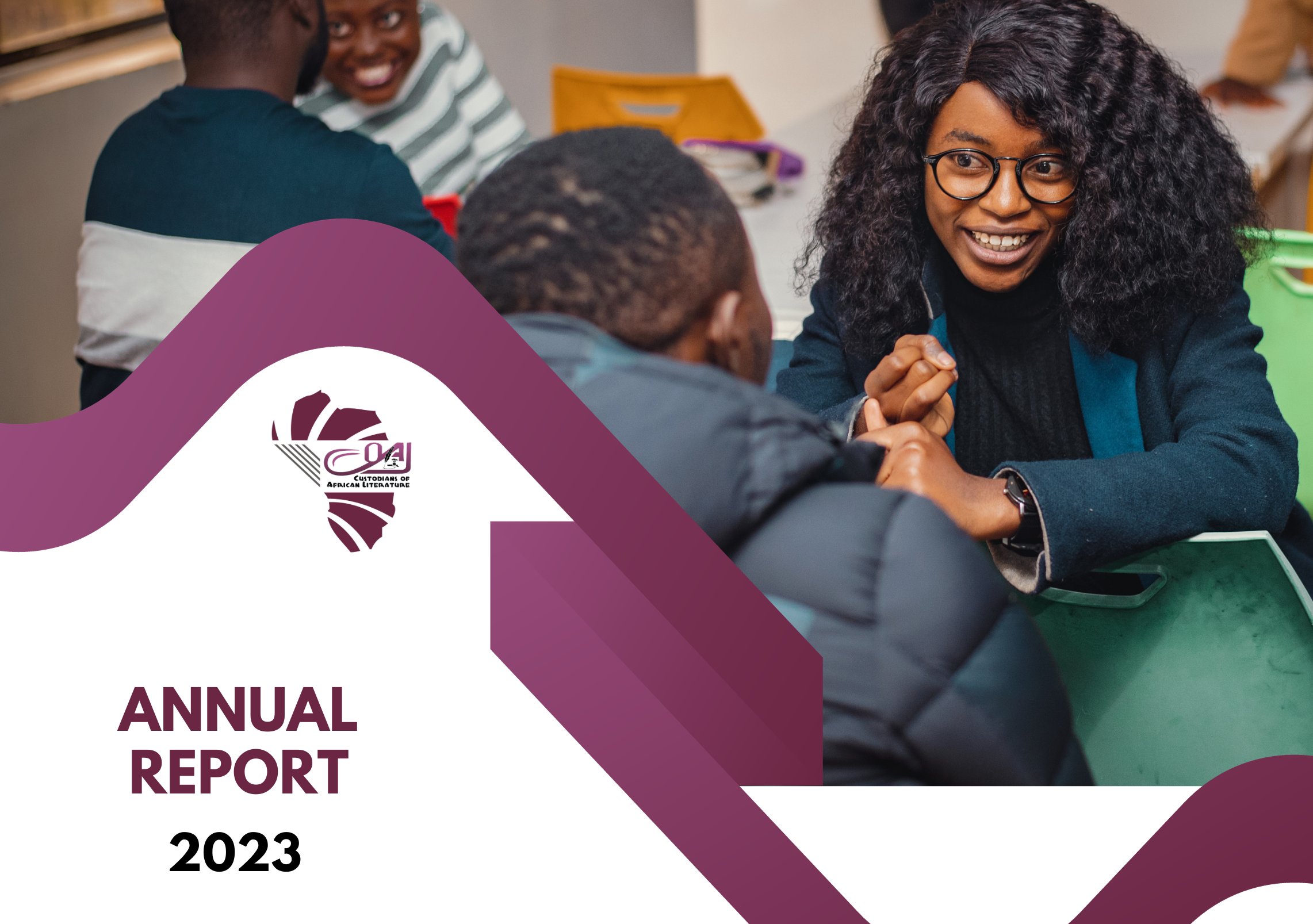What’s a Fun Fact about you?
I’m cynophobic! I am overwhelmingly afraid of canines, puppies inclusive!
I don’t know when or how it started but the episode that got stuck to my memory is the hot chase I was once given and what followed that hunt. It happened during my teen days; I was around thirteen or fourteen years of age, and that fateful day, my mother had sent my older sibling and I on an errand. It was all excitement until, boom, I got chased ferociously by dogs – two. That day, I was hysterical, I cried, threw my footwear away and ran as fast as I could, I am sure even faster than Usain Bolt but then one of the dogs caught up with me and tore out a chunk of the left flap of my favorite navy blue trousers, a gift from one of my aunts. I never forgave that dog nor did I forget that episode mostly because it was impossible to shirk as my siblings made it an obligation to taunt me with that incident till this day… they would flap their hands, run, mimic my screams and make a caricature of my race of survival! But the twist is that late last year when I decided that I was going to write a storybook for children, I picked my first plot on a tale that centers on a human-canine relationship, one I am hoping would be a cocktail of my very traumatizing/ embarrassing experience and my later discovery of what wonderful companion and pet a canine is to man.
What inspired the writing of GASP?
A CALL!
A call about the past from my mother then in 2014 during my Nigerian Law School training.
So, that auspicious day, my mother had called to check on me and a conversation ensued. The chatter drifted to the present position of an episode in one of the numerous crises that trailed the city of Warri and Effurun. In that distinct one, that my mother had brought up, then I was up to the age of understanding and retaining. That day, in 2000 or so, news flew to our ears that the warring parties were in two streets before ours, killing people, burning and destroying properties. We could hear the loud sounds of gunshots, see and perceive the flames and ashes from burning houses. With that information, all of us ran out of the house racing towards the swamps a few meters from our building, when this lady, a heavily pregnant neighbor of ours went into preterm labor. We later heard that she survived and gave birth to a twin – two girls. So, that day, in that call, my mother informed me that she saw the twins and they were all grown and very beautiful. I remember asking her if there was any impact physically or mentally from the hit and trauma the mother underwent and her response was; “no, they were just perfect”. But that day, after that particular tale, we extended the conversation to other persons, other casualties not just of war but of life generally who weren’t as lucky, whose lives were altered by perpetrators of crimes of violence. It wasn’t an easy conversation; and so when the call ended I remembered coiling into my bunk, picking up a notepad and the first thing I did was to pen down the word “GASP” as the title and jottings on the reason for the piece…
That story aside, the inspiration behind the writing of GASP stems from my personal first-hand experiences, societal observations, and a compelling desire to address the pressing issue of the negative impact of violence on its casualties with the aim of shedding light on its multifaceted nature and consequences; also my quest for social justice, with the aim to raise awareness, provoke thought, foster empathy and stimulate constructive dialogue about violence and its impact on individuals and communities prompted the stories and themes in that work.
What was your first thought when GASP was finally published?
When GASP got published what I felt was a cascade of emotions.
My thoughts were all over the place and it wasn’t just one or two it was a torrent! I finally held in my hands, my book, a book that bears my name as the author…And no, I cannot pin a particular thought as the first, there was excitement, lots of it, disbelief, gratitude, anxiety and fear. I was anxious about the thoughts of the readers and critics. For the first time in my life or career progression, I felt vulnerable, naked, exposed and annoyingly pessimistic. But, the overwhelming feeling was one of accomplishment and validation—a validation of the countless hours I’d spent crafting characters, refining plots, and pouring my heart and soul into every word. That moment marked a new beginning in my writing journey, and I embraced it, wholesome!
What kind of reader are you?
I think I have a switching personality in this regard. The sort of reader I am depends on what is before me.
For work-related or law-related books, I am a library rat. I process them better when I am seated on a chair with a desk in a library hall reading paper books or even surfing the net. It gives me that sense of seriousness and distinct it from my pleasure reading. But, for pleasure reading especially for novels, particularly on genres that fascinate me I mostly reckon with a night owl as sleep must be vanquished until I devour that piece that holds my interest even if the light is provided by a dim ray from the moon.
What’s your Favourite book?
Well, when it comes to books for pleasure, my favorito is ephemeral.
Whilst my favorite book is not static, the genre is. I have this deep affection for crime/legal thrillers with sprinkles of romance. So, if the piece is about crime or mystery mixed with romance and some showers of legalism, you have me on a leash; and this has placed Grisham’s works on the top of my list.
What are your thoughts about social media?
Well, as a Nigerian from the creeks of the Niger Delta I’ll liken my thoughts about social media to our not-so-good experiences with oil- its discovery, exploration and subsequent exportation.
Oil in itself is a vital energy source, which has been helping in powering transportation. It fuels vehicles, generates electricity, and is a key component in the production of various products, from plastics to pharmaceuticals, in fact the economy of Nigeria like most countries in Africa have been largely dependent on oil production. Sadly, this same cardinal item is itself a curse to these regions with its exploration impacting negatively on its environment, contributing adversely to climate change, destroying habitats, the ecosystem, and human health, not forgetting to mention the geopolitical conflicts, corruption, political instability, and social unrest associated with its extraction and distribution. My sentiments with social media are exact and the same. Social media is a viable tool for growth, having revolutionized communication, improved living standards, created new opportunities, enhanced education and various aspects of daily life, and fostered global collaboration in all areas of life. At the same time, social media is a catalyst for breeding issues such as privacy concerns, cyberbullying and crimes, distractions, addiction, job displacement, and threatening insecurity. So, while I applaud its invention, I am also wary of the catastrophic tendencies that arose with its wrong usage by miscreants. However, despite these shortcomings it is a valuable tool that we really cannot dispense with, my thoughts and advice on the use of social media has been that we should embrace the positive and address the negatives at the earliest occurrence – more like refusing to throw the baby away with the dirty bathe water.
How long did it take you to write GASP?
Well, computing the period it took me to write GASP would be a herculean task because its scribbling wasn’t straight.
Flowing from my earlier tale on the spark for the story, when I decided to pen GASP I’d started on a full gear but, weeks into the writing, I encountered a crisis of my own propelling me to take a break from it writing and tend to mine. I did. I picked it up again in late 2018, this time I did a substantial portion of it, but the personal battle that’d hindered its writing in 2014 was still very much present, so I dropped it again to pick up in late 2019; but, this time I wrote it ferociously and undeterred. So, yes, I conceived the title and themes in late 2014 but did not really get to write the story substantially until late 2019 to 2020.
If you were to have a superpower to change one global issue, what would it be and why?
Climate
Many international organizations, scientific reports, and declarations including the United Nations, through its Intergovernmental Panel on Climate Change (IPCC), and global summits like the United Nations Climate Change Conferences (COP) have highlighted climate change as the most pressing challenge facing humanity and the world. I agree with them; and if I were to be endowed with superpowers; that would be the first issue I would tackle. Climate change poses a significant threat to the planet’s ecosystems, biodiversity, and human civilization. Its impacts, from extreme weather events to rising sea levels and loss of biodiversity affect people worldwide, particularly vulnerable communities. Africa and Nigeria is currently experiencing climatic challenges like water scarcity, food insecurity, health issues, ecosystem degradation, economic woes, incessant rise in sea levels, increased temperature, erratic rainfall patterns, reduced agricultural productivity and the likes. In just 2022, the flood catastrophe that had hit Nigeria and the Niger Delta region caused severe damage to homes – claiming lives, destroying properties and agricultural lands and productivity, disrupting livelihoods and exacerbating poverty in affected communities. Sadly, this reduced agricultural productivity has now caused a lot of malicious farmers to inject into the soil and crops harmful and hazardous substances to influence growth and improve productivity. By mitigating climate change, we can safeguard the planet’s health and ensure a sustainable future for all living things. It is a pressing issue that requires urgent action and collective effort from individuals, communities, governments, and organizations all over the globe. It is important to state here, that climate change doesn’t affect just one region or person, it’s gripping the whole world and every sector of its economy. And yes, again, if I were to be gifted superpowers even if it is just for an hour, the first global issue I would resolve would be climate change.
You’re coming to Jos soon, what is one thing you would like to experience in our beautiful city?
Well, I have a list, but exploring the unique rock formations, serene waterfalls like the Assop Falls, and panoramic spots like the Riyom Rock would be a priority.
Also, as a writer and researcher with a curious mind, engaging with the rich cultural tapestry of the region would offer me more insight into Nigeria’s cultural diversity and traditions and assist my subsequent creative release.
What’s the most challenging thing about writing GASP?
Reader’s likeability/ acceptability.
The most challenging trepidation I dealt with as I penned words, crafted plots, and built characters in GASP was solely hinged on whether or not the story would resonate with readers. All through the writing, I grappled with the fear of inadequacy, questioning my craft; whether the characters were compelling enough, if the plotlines were engaging, the settings, the dialogues, the choice of words, and most importantly if I have been able to convey the message in the powerful themes that I’d decided on exploring. There was also that pressure to meet expectations, both internal and external, and the fear of vulnerability, of laying bare my imagination and emotions for public scrutiny.
What’s your greatest fear?
My greatest fear is failure – I fear failure.
I fear loss. I fear uncertainty. As a novelist, my greatest fear is failing to connect with my readers on a profound level. Most times when I write, I worry that my characters would fall flat, that my plotlines might lose momentum, or that my themes might not resonate as deeply as I’d intended. The thought of pouring my heart and soul into a story only for it to be met with indifference or misunderstanding is quite daunting. Additionally, I also fear creative stagnation and not actualizing my goals, all of them!
What turns you off?
My greatest turn-off would be lack of empathy or consideration for others.
I believe the world would be a better place if these two are dominant in every living being, in our thinking and actions. I also abhor traits like dishonesty, arrogance, disrespectfulness, and insensitivity in the same capacity and manner in which I detest mediocrity, closed-mindedness, intolerance, and unwillingness to listen or engage in constructive dialogue and collaboration.
What do you do to unwind and destress?
To de-stress, I engage in activities like reading for pleasure, and driving around the suburbs of Yenagoa, mostly the outskirts.
Visiting the creeks of the Niger Delta and just watching the waters flow, taking walks in nature, meditation, listening to soothing music, dancing to loud music in my sitting room -although my dance steps look more like hopping than dancing, spending quality time with loved ones and very recently, late 2023 precisely, I added playing football to the list and the feeling has been surreal!
If you could tell your younger self anything, what would it be?
If I could tell my younger self anything, it would be a prod on a few salient facts of life.
First would be to START and START EARLY, to pursue that passion and dream ferociously, and not be afraid to take risks or explore new opportunities that align with her values and aspirations. Secondly, is to celebrate and embrace her individuality, to avoid the pressure of conformity – to conform to others’ expectations; and lastly and most importantly, to embrace failure and see it or them as a springboard for the needed leap. Mistakes are an opportunity to learn, unlearn, relearn, and grow. Don’t ever let the fear of failure hold you back from taking risks or exploring new ideas.
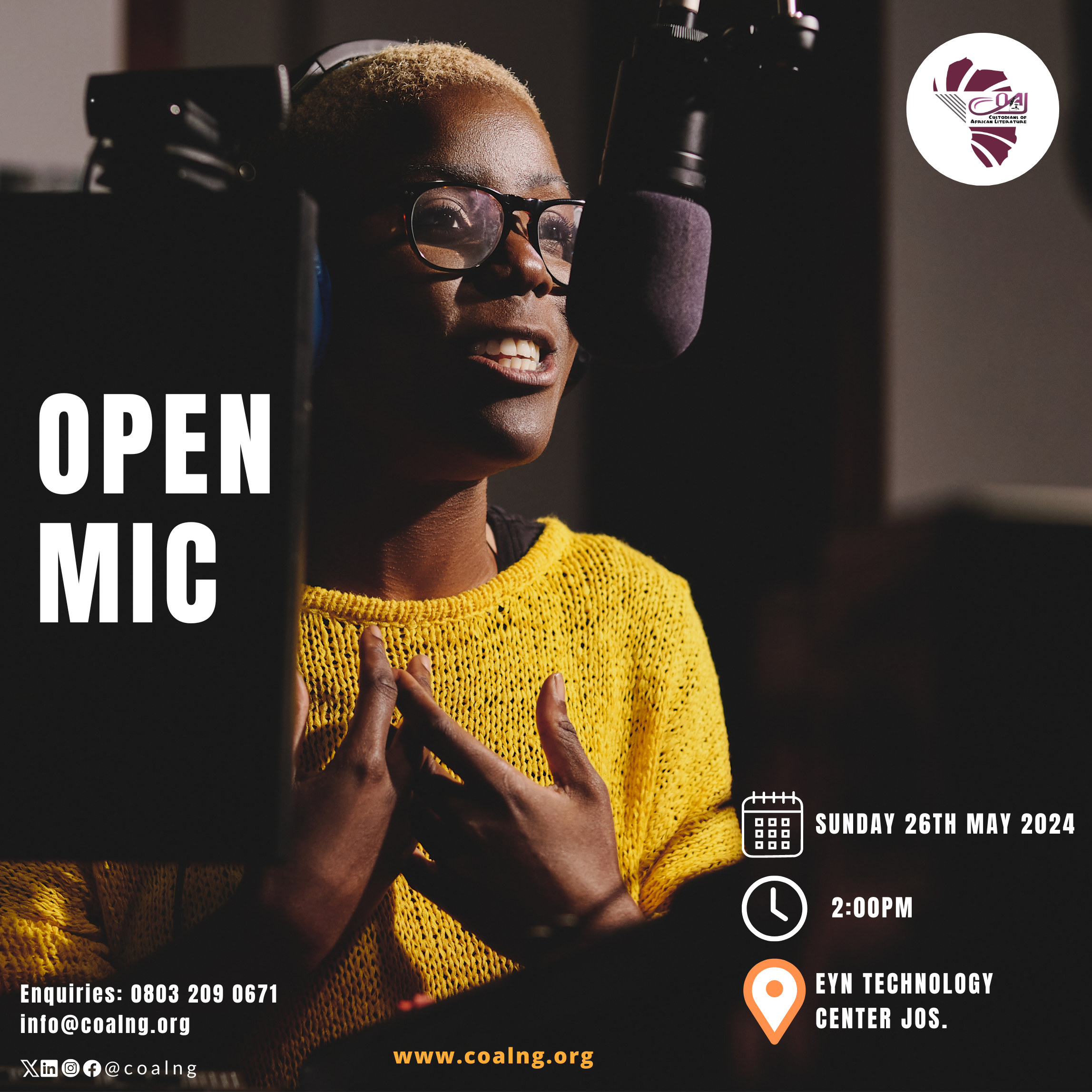
![]() Calling performers, musicians, poets, comedians, and creatives! Whether you want to take the stage or simply enjoy the incredible talents on display, this Open Mic is for you!
Calling performers, musicians, poets, comedians, and creatives! Whether you want to take the stage or simply enjoy the incredible talents on display, this Open Mic is for you!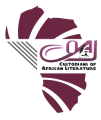
 Cart is empty
Cart is empty 